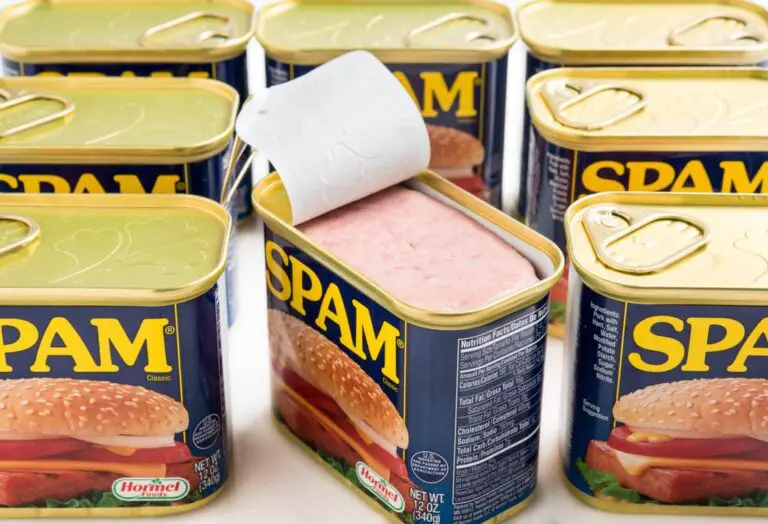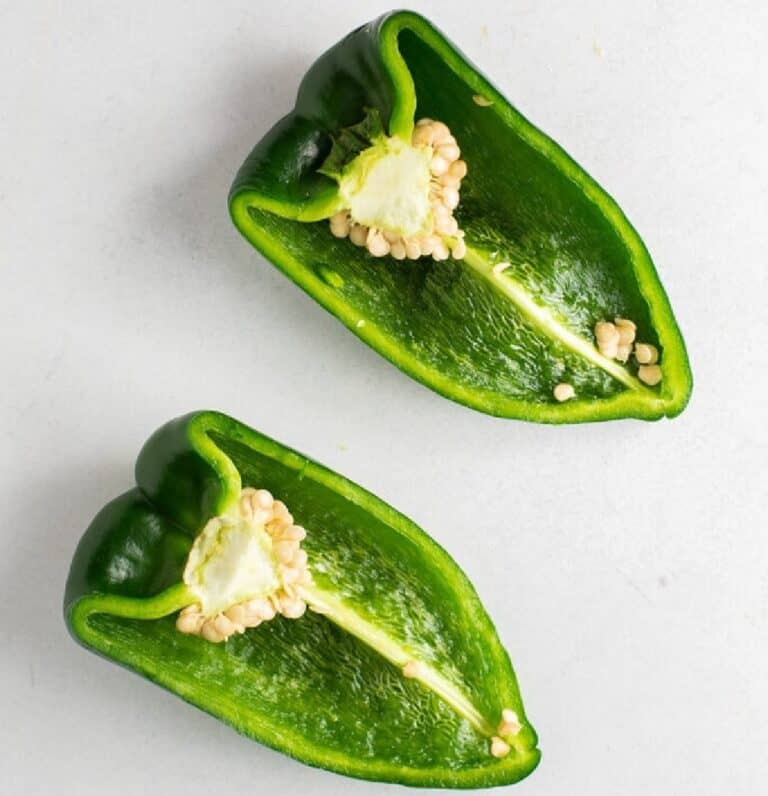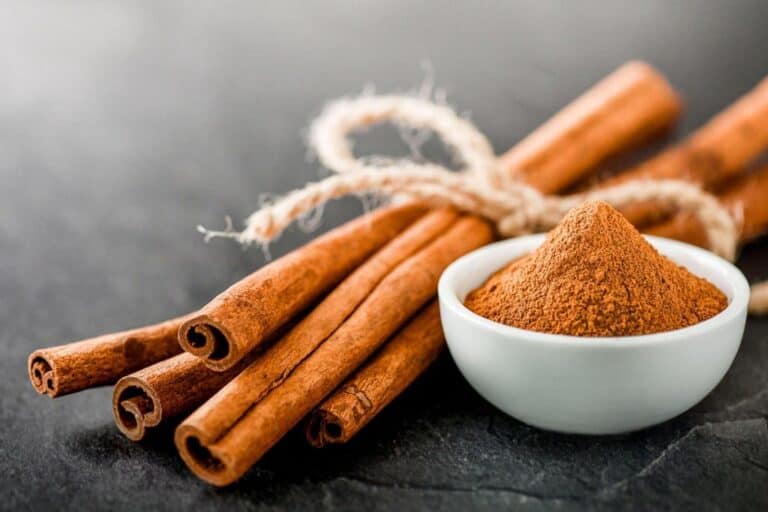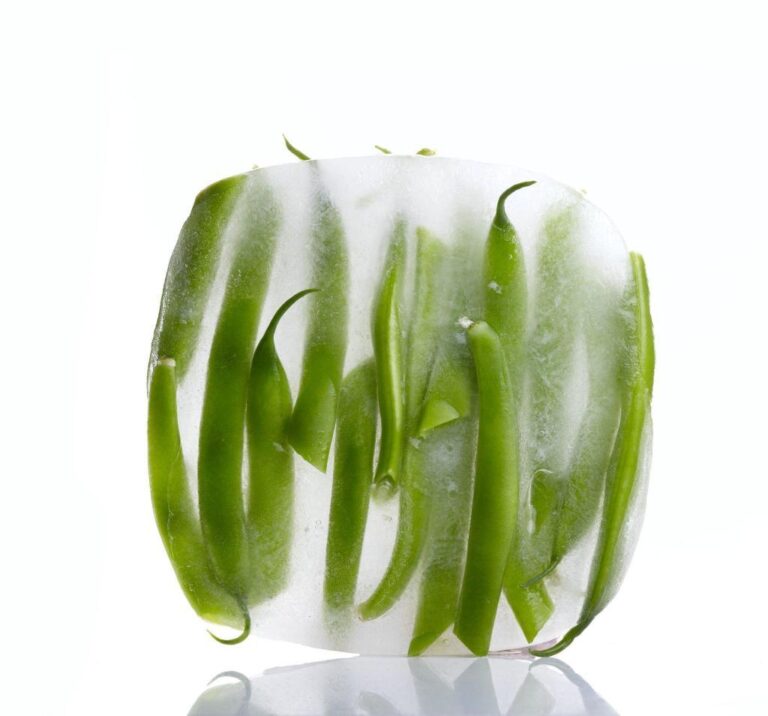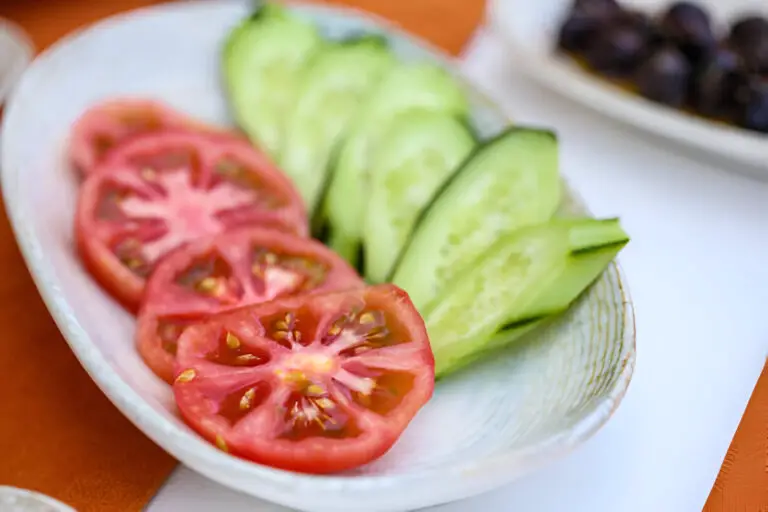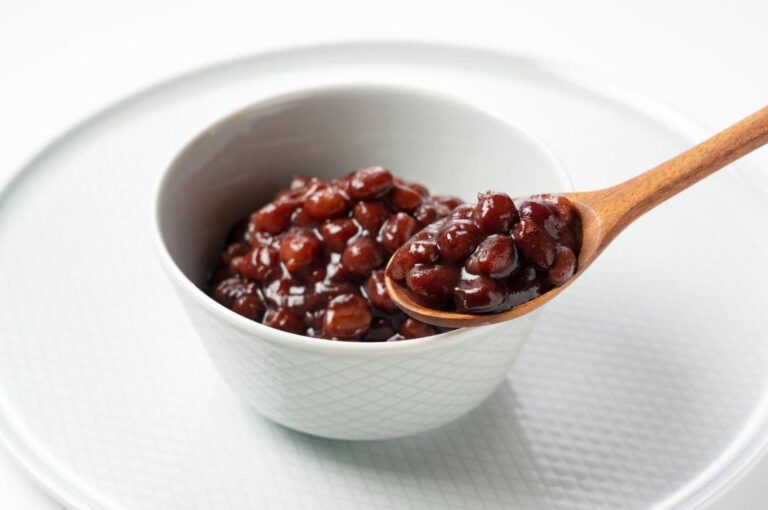Are Raw Cashews Poisonous Before Being Processed Until Roasted?
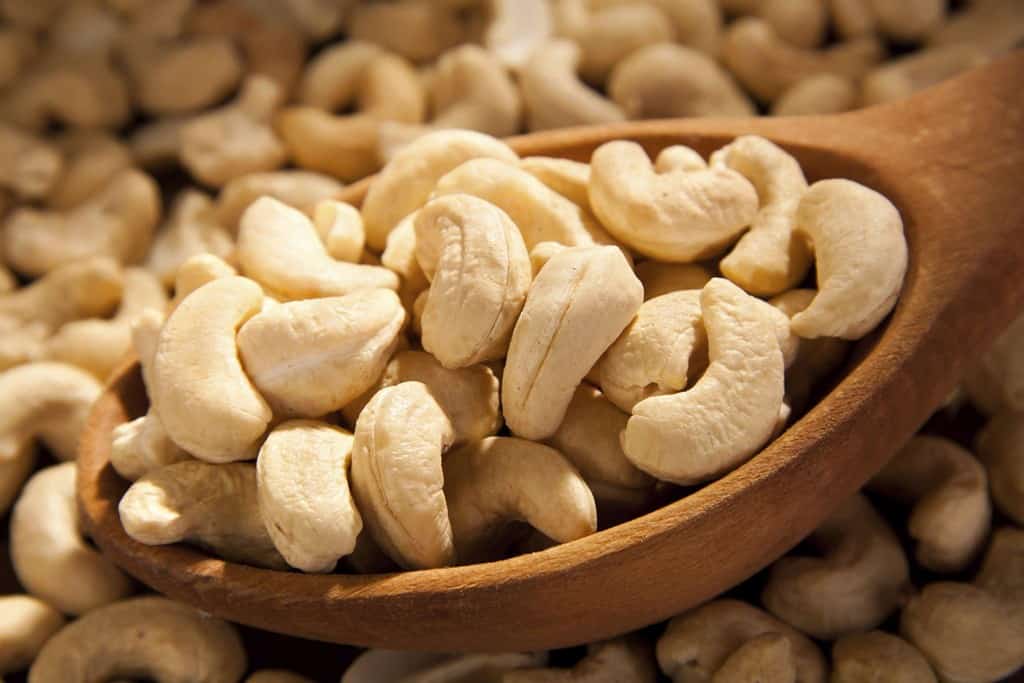
Cashews have a sweet, buttery flavor that is often compared to that of pistachios. They are commonly used in trail mix and energy bars, as well as in Thai and Chinese cuisine.
Cashews can be eaten raw, but they are usually roasted to bring out their flavor. Roasting cashews makes them taste even better than they do raw. The heat brings out the natural oils in the nuts, making them more fragrant and giving them a richer flavor. Roasted cashews are a great addition to salads, stir-fries, and desserts.
Some information says that raw cashews are actually poisonous. Is that true?
Can cashews kill you? It’s a valid question to ask, considering that cashews come from a fruit that contains a poisonous substance.
But don’t worry, the process of removing the poison from the fruit also removes the poisonous properties from the nut. So no, processed roasted cashews are not poisonous.
If you’ve never tried roasted cashews, you’re missing out on a real treat. Give them a try the next time you’re looking for a delicious, healthy snack.
In this article, we will explore which parts of cashew some people may consider “poisonous,” meaning they should be avoided. We will also look at how to roast cashews by yourself, to minimize and get rid of the negative effects of raw cashews’ naturally occurring substances.
Can You Eat Raw Cashews?
Can you eat raw cashews? The answer is both yes and no. Raw cashews that are still in their shells are not edible.
Cashews are actually a seed, not a nut. They come from the fruit of the cashew tree and are encased in a double shell. The outer shell is not edible. The inner shell contains the cashew nut and is surrounded by a skin that contains urushiol. Urushiol is a resin that can cause severe skin rashes and is potentially toxic if consumed.
To get to the edible nut, the outer shell and skin must be removed through a roasting or steaming process.
Once the cashews are out of their shells, they can be eaten raw, but they may contain traces of urushiol. The best and most recommended way of eating cashews is to roast or steam them to leach out the urushiol.
Are Raw Cashews Poisonous Before Being Processed (Roasted)?
The cashew tree produces a fruit that is commonly known as the cashew apple. The cashew apple is actually the swollen stem of the cashew flower.
The fruit contains a single seed, which is surrounded by a soft, fleshy material called the pericarp. This pericarp is what we know as the raw cashew nut.
The pericarp of the raw cashew nut contains a toxic substance called anacardic acid. This acid can cause skin irritation and blistering. Anacardic acid is also a strong allergen, so people with sensitivities to poison ivy or poison oak may also be allergic to raw cashews.
Phenolic resin is another material that has to be avoided in raw cashews. It’s a chemical oil that is occasionally present in pesticides. Even after extracting the nut from the outer layers, the oils in the shells might seep into the cashew seed, making it hazardous to consume the nut raw.
Fortunately, both the toxic compounds in raw cashews can be neutralized by heating the nuts to high temperatures. This process is called roasting, and it also makes the cashew nut easier to digest.
Can Cashews Cause an Allergic Reaction?
Cashews can cause an allergic reaction in some people. Allergies to nuts are relatively common, and cashews are a type of nut. People who are allergic to one type of nut may be allergic to other types of nuts as well.
Allergic reactions can range from mild to severe and, in some cases, can be life-threatening. If you have a nut allergy, it is important to avoid all nuts, including cashews.
Some people may be able to eat certain types of nuts without any problems, while others may have a severe reaction to even the smallest amount of a different type of nut. So, what exactly is a nut allergy?
A nut allergy is when your body has an adverse reaction to consuming nuts or coming into contact with them. The symptoms can range from mild ( such as hives or itchiness) to severe (such as difficulty breathing or swelling of the throat).
In some cases, a nut allergy can even be life-threatening. If you suspect that you may have a nut allergy, it is important to see an allergist for proper testing and diagnosis.
WARNING
What’s the Effect of Roasting on Cashew Nuts?
When you roast cashews, the nuts undergo a significant change in their nutrient composition. One of the most notable changes is the fat content of the nuts.
Roasting cashews causes them to lose some of their water weight, which concentrates the fats in the nuts. This makes roasted cashews a higher-fat food than raw ones.
While this may seem like a negative change, it actually has some benefits. The process of roasting also helps to break down some of the unhealthy fats in cashews, making them more digestible.
And because roasted cashews have less water weight, they pack more calories and nutrients per serving than raw ones.
So if you’re looking for a more nutritious snack, roasting your own cashews at home may be a good option.
DIY Roasting Cashew Nuts (Step by Step Process)
If you have your own cashew tree or have access to fresh cashews, you’ll need to process them before enjoying them. Here’s how to do it:
- To start, you’ll need to remove the cashew fruit from the tree. This is typically done by shaking the tree branch or using a pole to knock the fruit down.
- Once the fruit is down, use a knife to cut it open and remove the nut.
- Next, you’ll need to remove the thin outer layer of the cashew nut, called the testa. To do this, simply soak the nuts in water for about an hour. This will soften the testa, making it easier to remove. Remove the testas and discard them.
- You can then move on to drying your cashews. To do this, you’ll need a food dehydrator set at 110 degrees F or a very warm oven set at its lowest temperature. Spread the cashews on a baking sheet and place them in the dehydrator or oven for about 10 hours, checking on them every so often to ensure they don’t get too crunchy.
- Once dry, place the cashews in an airtight container and store them in a cool, dry place until used. This will ensure the nuts don’t get moldy and that they remain fresh. You can store them in the fridge or freezer if you want to extend their shelf life even longer.
Conclusions: ” Are Raw Cashews Poisonous Before Being Processed Until Roasted? “
Raw cashews are actually not poisonous, but they can make you sick if you eat too many of them. Raw cashews can make you sick because they contain a substance called urushiol that can cause severe skin rashes.
Other potential dangerous substances are: anacardic acid and phenolic resin. Both are available in the outer layer of the raw cashew nuts.
Fortunately, those toxic compounds in raw cashews can be neutralized by heating the nuts to high temperatures. This process is called roasting, and it also makes the cashew nut easier to digest.

